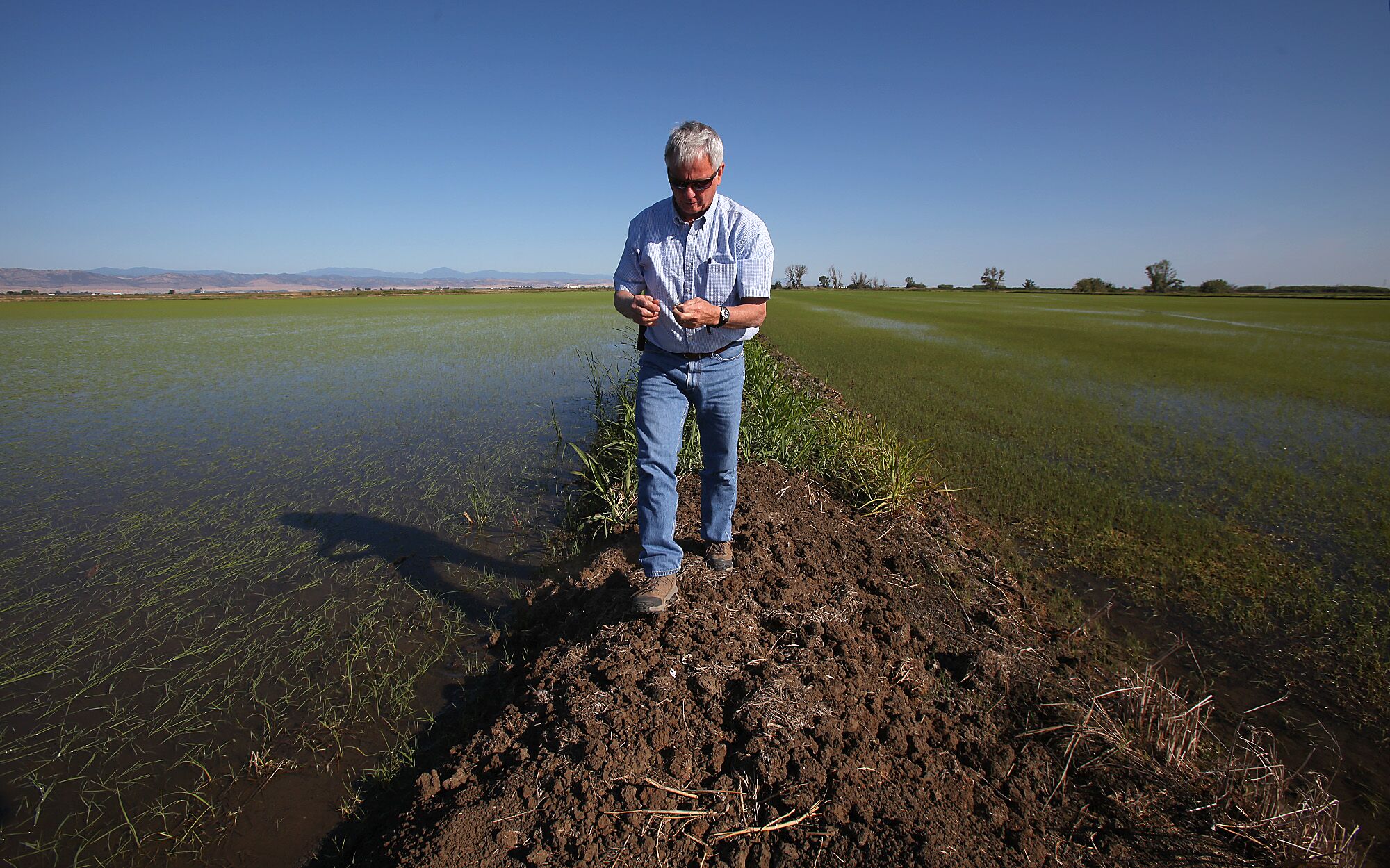The third proposal in recent memory for redeveloping the former site of the Highland Park Solo Cup factory has proven controversial, with the fifth Plan Commission meeting over a multi-family development that would bring hundreds of units to the city dragging late into the night.
Despite a previous meeting’s vote showing a positive, if divided, Plan Commission, the commissioners’ attitudes were far less supportive Tuesday evening, and the meeting ended with no vote and serious uncertainty surrounding the future of the proposal. Another meeting is scheduled for Sept. 9.
While the meeting had ostensibly been about rezoning the site to allow for residential development, it was clear that for commission members and the area’s residents, it was about a dozen issues mixed together, ranging from concerns about residential density, traffic, an apparent divide between east and west Highland Park, and the legacy of a site that is one of — if not the largest — vacant lots left in the city.
Solo Cup Site
The site sits west of the Union Pacific Railroad, at 1700 Old Deerfield Road. The Solo Cup factory closed in 2009, and was torn down in the 2010s according to city staff. It has sat vacant ever since. The Red Cup Land Company owns the property.
At least two other proposals have come up prior to the townhouse development from The Habitat Company, including a 500-unit residential development in 2019 and a 2023 proposal for two industrial buildings.
The most recent proposal, which has been reduced and modified since its initial pitch, is for 232 townhome units in 49 blocks, a club building, a pool and a band of wetland and tree preserve along the west and south of the lot. Such a development would require rezoning the site from light industrial to RM1 and R7, both residential designations.
The developer said the proposed configuration, which was criticized by residents and commission members, was a consequence of the site’s existing layout, sitting along a railroad track on the east and with trees they’re trying to preserve on the west and south.
During public comments, residents railed against the proposal’s density and number of units, fearing it would exacerbate existing traffic issues and strain local emergency services and schools. They also pushed for an updated traffic study which would address the reopening of Sherwood Elementary School. A developer representative seemed open to updating the study in comments made at the end of the meeting.
Representatives with School Districts 109 and 112, both of which would take in any children from a future residential development on the site, said they had the capacity to take on the anticipated number of additional students.

Strong feelings
The evening was tense at times for a Plan Commission meeting. It had been moved to the Moraine to hold the large crowd, and Chair Karen Moore gaveled several times to quiet applause, jeers and a few shouts.
One resident accused the commissioners of hypocrisy for considering the development, questioning if they would allow such density east of Highway 41 and asking if they lived anywhere near the development. The accusation drew cheers and applause from the crowd.
Commissioner Steven Kerch, who ultimately voiced strong opposition to the proposal later in the evening, pushed back against such a framing.
“We’re all Highland Park residents, and we’re volunteers,” Kerch said of himself and his fellow commission members. “We’re here to make Highland Park better. We do care, very deeply.”
At least one resident, who said she owns several condos, raised concerns over the potential number of rental units, saying such residents are “transient” and not invested in the community. Other residents and commission members pushed back against that sentiment, especially as the city faces an affordable housing shortage.
“If we have renters and are good to renters, they will come back and buy,” Moore said. “I don’t think we should be shying away from renters.”
Residents’ concerns over traffic and density found purchase on the commission. Kerch also worried about making sure the site, which he had concerns over rezoning from industrial, would be turned into an “outstanding” development. He criticized the project as an overly dense “enclave,” calling it “monotonous” and “uninspiring.”
“It fails to make use of any of the creativity in the design and planning that we’ve come to expect in Highland Park,” Kerch said. “I don’t think this project is worthy of Highland Park.”
Daniel Mantis, the only commission member to voice outright support for the proposal, said both the Plan Commission and developers have been left in the dark on what direction the city wants, with Highland Park lacking an up-to-date master plan.
“Absent an indication from the city… we’re asking developers to come up with their best idea and we’ll kick it around. It’s an impossible idea for them to meet,” Mantis said. “This is probably the highest and best use for the property.”
While many residents called for the development to be reduced to roughly 180 units, the allowed maximum if the entire lot were rezoned to R7, the developer representative made it clear they would not move forward if that were the requirement, warning such a limitation would likely leave the site, “vacant for another 15 years.”
The commission ultimately did not vote, giving the developers a range of directions, including reducing density, adding green space and updating the traffic study.














